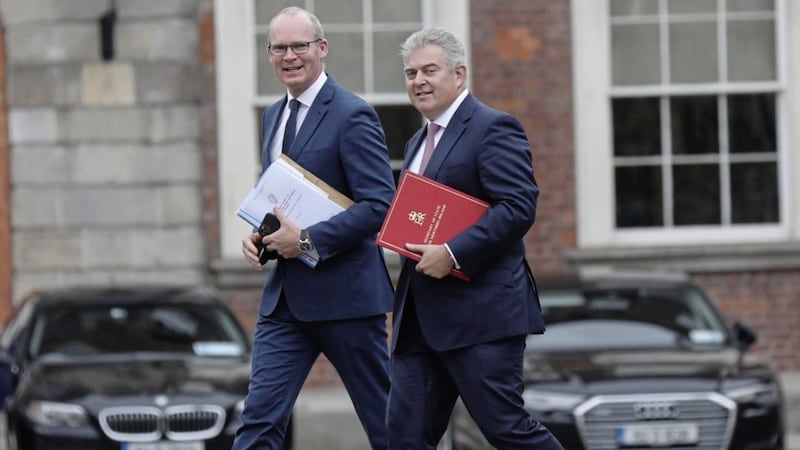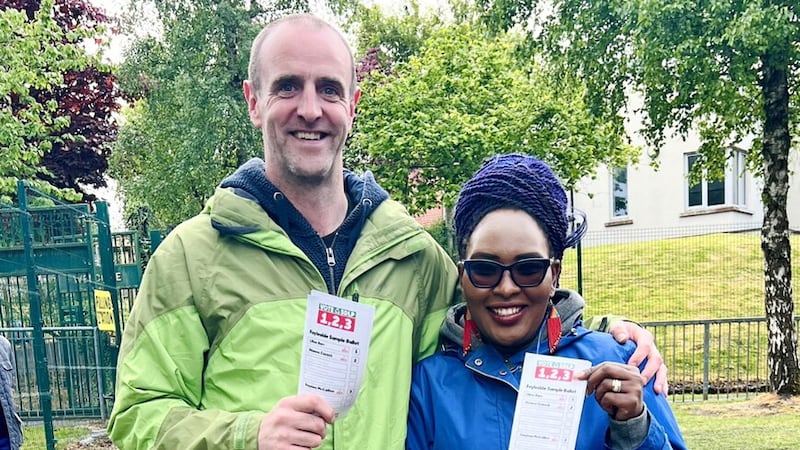DUBLIN'S foreign affairs minister has said he will make the case with the EU for "flexibility and pragmatism" on the Northern Ireland Protocol while also stressing the need for the British government to adhere to "what was agreed".
Simon Coveney said he was hopeful Brussels and London would make progress in the coming days over the latter's request for what he termed a "modest extension" to the grace period for chilled meats.
Mr Coveney was speaking yesterday following the British-Irish Intergovernmental Conference in Dublin, the first such meeting for two years.
He described the conference structure as "really important", as he said it enabled the two governments to "work together on issues of mutual interest and concern".
The foreign affairs minister said both sides had committed to convening the east-west forum several times a year in future.
A joint communique issued after the meeting revealed that Mr Coveney and Minister for Justice Heather Humphreys, who attended alongside Secretary of State Brandon Lewis and Northern Ireland Office Minister of State Robin Walker, covered a range issues, including economic and security co-operation, political stability in the north, Covid recovery and legacy.
On legacy, the communique said the governments had discussed the "urgent need" to make progress on a collective basis on Troubles-related issues in a way that "supports information recovery and reconciliation, complies fully with international human rights obligations, and that responds to the needs of victims and survivors, and society as a whole".
Afterwards, Mr Coveney acknowledged concern that the Stormont House Agreement structures on dealing with the past are "not as comprehensive as needed".
"The two governments have agreed to move a process forward together in partnership to reach out to families of victims, to political parties in Northern Ireland and other stakeholders to talk about the way forward on legacy in a way that is open minded, does not have any predetermined outcome and the starting point of those discussions is of course Stormont House but we're going to look at how we can develop that in the weeks ahead," he said.
"This isn't something that we're talking about managing for months and months and months, we're going to move this ahead quickly in partnership, led by the two governments."
The minister said the two governments needed to lend support to Stormont's parties in the context of the challenges they face and the "polarisation of politics particularly linked to issues like the protocol and the aftermath of the Brexit decisions".
Mr Lewis said he was hopeful that the EU was being "flexible" in its approach to the trade dispute with the British government – or what is being billed as the "sausage war".
"Obviously we have not had a formal response yet from the EU, so we need to wait to see that formal response – some technical conversations are ongoing around that," he said.
"Obviously I'm hopeful that they are being flexible and looking at a pragmatic way forward, that would be a good indication. We'll have to see what the detail is when it comes forward and then we can hopefully move forward positively."








